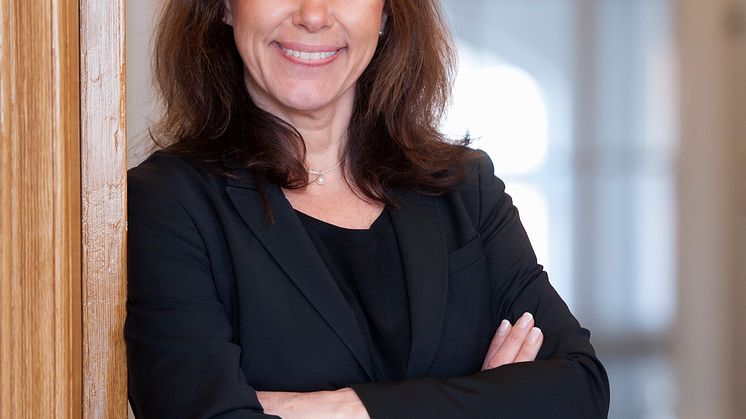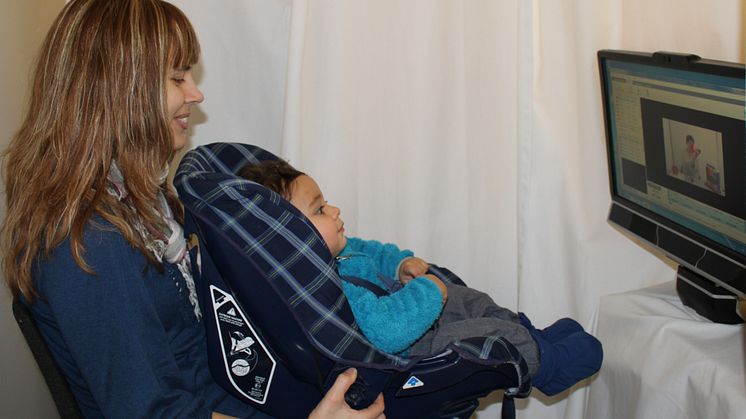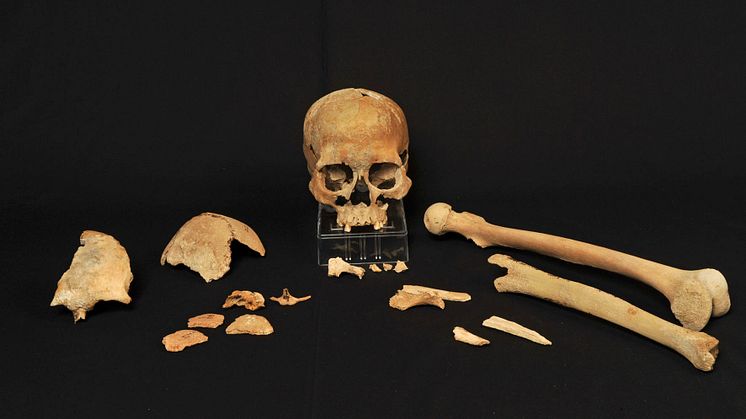New insight about how viruses use host proteins to their advantage
Viruses have a very limited set of genes and therefore must use the cellular machineries of their hosts for most parts of their growth. A new study, led by scientists at Uppsala University, has discovered a specific host protein that many viruses use for their transport within the cell. The discovery opens up new possibilities to develop a broad spectrum anti-viral therapy.




